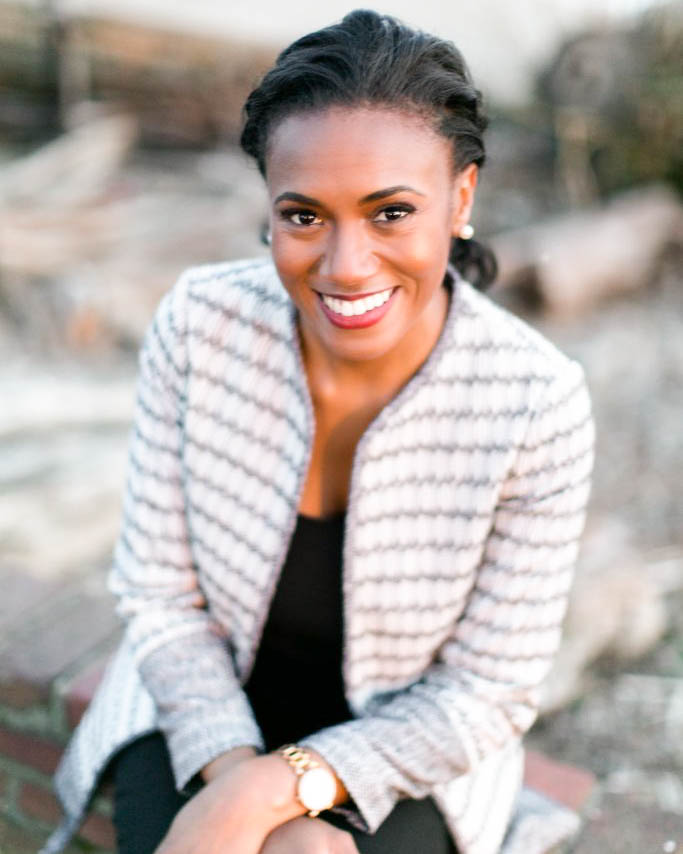
THE VIOLENCE OF GEORGE FLOYD’S final moments, witnessed through social media by millions, was revelatory for many Americans. Dr. Jocelyn R. Smith Lee has been focused on the relationship between law enforcement and Black males for years.
Her 2019 research article published in the Journal of Black Psychology, “That’s My Number One Fear in Life. It’s the Police’: Examining Young Black Men’s Exposures to Trauma and Loss Resulting From Police Violence and Police Killings,” presents a nuanced analysis of the effects of police violence
on the mental health of young Black men.
The assistant professor in UNCG’s School of Human Development and Family Studies interviewed 40 Black males (aged 18 to 24) in Baltimore, Maryland, for the study. The participants were recruited through a GED and
job readiness center and were initially slated to discuss “homicide survivorship” — a term used to describe the task of living on after a loved one is murdered.
None of the original interview questions specifically inquired about police interactions – aside from those asking about police investigations of loved ones – but this quickly became a reoccurring discussion topic. Unprompted, many of the young men spoke at length about witnessing police violence as well as personal accounts of harassment, racial profiling, threats, and physical injury at the hands of law enforcement.
One interviewee recalled being stopped by cops while riding his scooter, at age 15. After offering a flippant remark to the officers, he was assaulted:
“So then he struck me in my face and blacked my eye…[They] started to bang me in my chest and my stomach and, once, once I hit the ground, they just picked me up and pushed me, told me ‘walk home, go home,’ took my scooter, and pulled off.” ~ Wayne, 19
His story, one of several captured in the qualitative study, is tragically not the most harrowing.
Combining the interviews with her knowledge of mental health, Dr. Smith Lee starkly points out the pervasive grief, fear, anxiety, and hypervigilance these encounters impose on young Black men and their families. Her paper concludes with a call to action to improve the assessment of trauma resulting from police encounters and a reimagining of policing to prevent police violence and killing.
Several news outlets have interviewed Smith Lee in recent months, for her academic perspective on this wrenching topic.
“Comprehensively, as researchers, as practitioners, as legislators, we have not done a good job of addressing the issue of police violence,” Dr. Smith Lee said. “These exposures to trauma perpetrated with impunity by these
really important actors [police officers] in our community largely go unaddressed.”
By Brittany Cameron